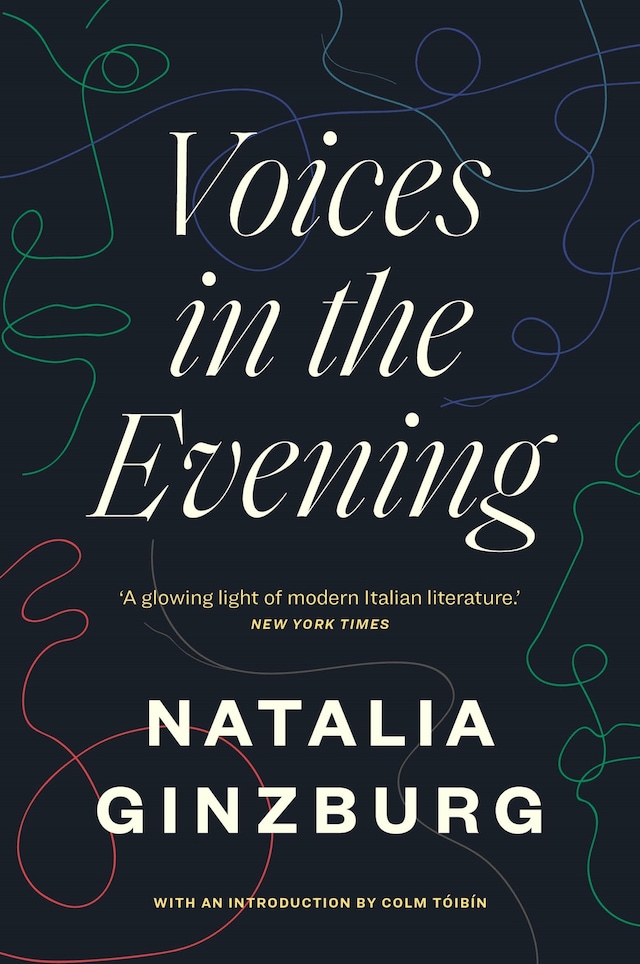
Voices in the Evening
Description of book
'A glowing light of modern Italian literature.' -- New York Times
'If Ferrante is a friend, Ginzburg is a mentor.' -- Lara Feigel, Guardian
'I did not know,' I said, 'that life could go at a run, with drums beating. For you, it is different. Your life, after I came into it, went on at its usual pace, without any sound.'
In a hushed Italian town after the Second World War, Elsa lives with her parents in the house where she was born. Twenty-seven and unmarried, she is of constant concern to her mother, whose status anxiety manifests itself in acute hypochondria. But her mother does not know that Elsa has fallen in love with Tommasino, the elusive youngest son of the De Francisci family. The De Franciscis own the cloth factory that dominates the town and Elsa knows the details of their lives as intimately as her own.
In the course of their secret meetings, Elsa begins to imagine a future with Tommasino, free from the constraints of shared history and expectation. But all of this is threatened when their relationship is revealed.
An elegant, spare novel reminiscent of Chekhov, Voices in the Evening is an unforgettable story about first love and lost chances, from one of the greatest Italian writers of the twentieth century.
'Like Chekhov, she knows how to stand back and let her characters expose their own lives, their frailties and strengths, their illusions and private griefs. The result is nearly translucent writing – writing so clear, so direct, so seemingly simple that it gives the reader the magical sense of apprehending the world for the first time.' -- New York Times
'Ginzburg gives us a new template for the female voice and an idea of what it might sound like.' -- Rachel Cusk
'I'm utterly entranced by Ginzburg's style – her mysterious directness, her salutary ability to lay things bare that never feels contrived or cold, only necessary, honest, clear.' -- Maggie Nelson
'Sharp and lively.' -- Lydia Davis
Translated by D.M. Low
 Natalia Ginzburg
Natalia Ginzburg 132 Pages
132 Pages